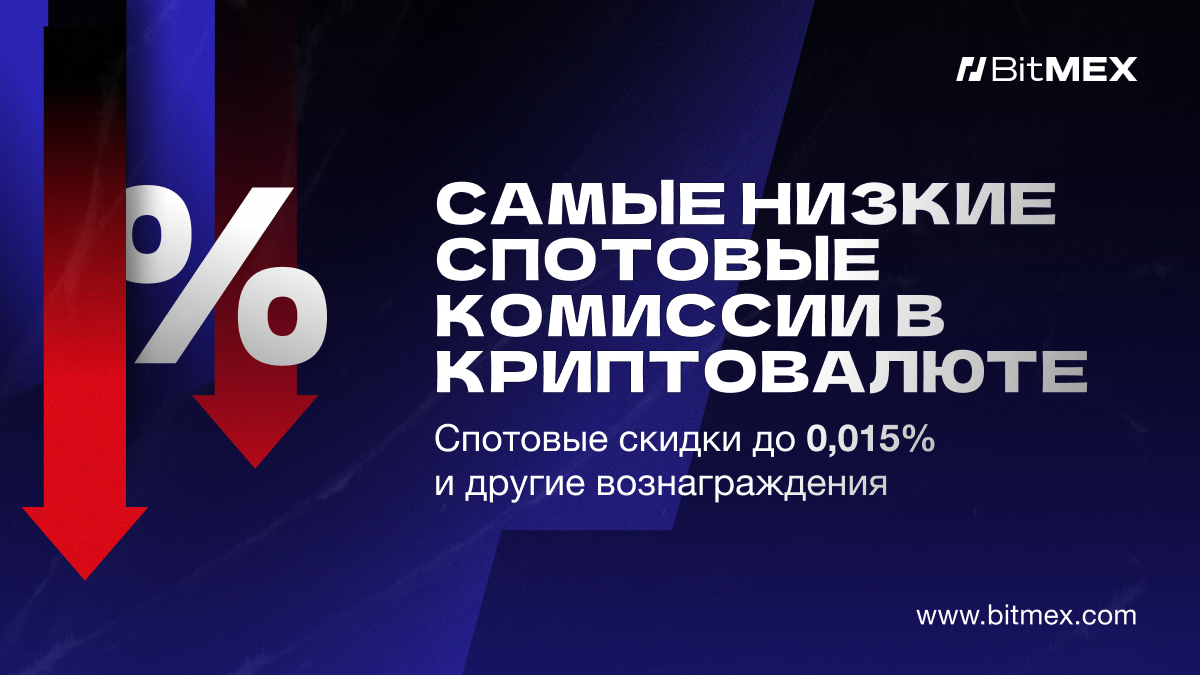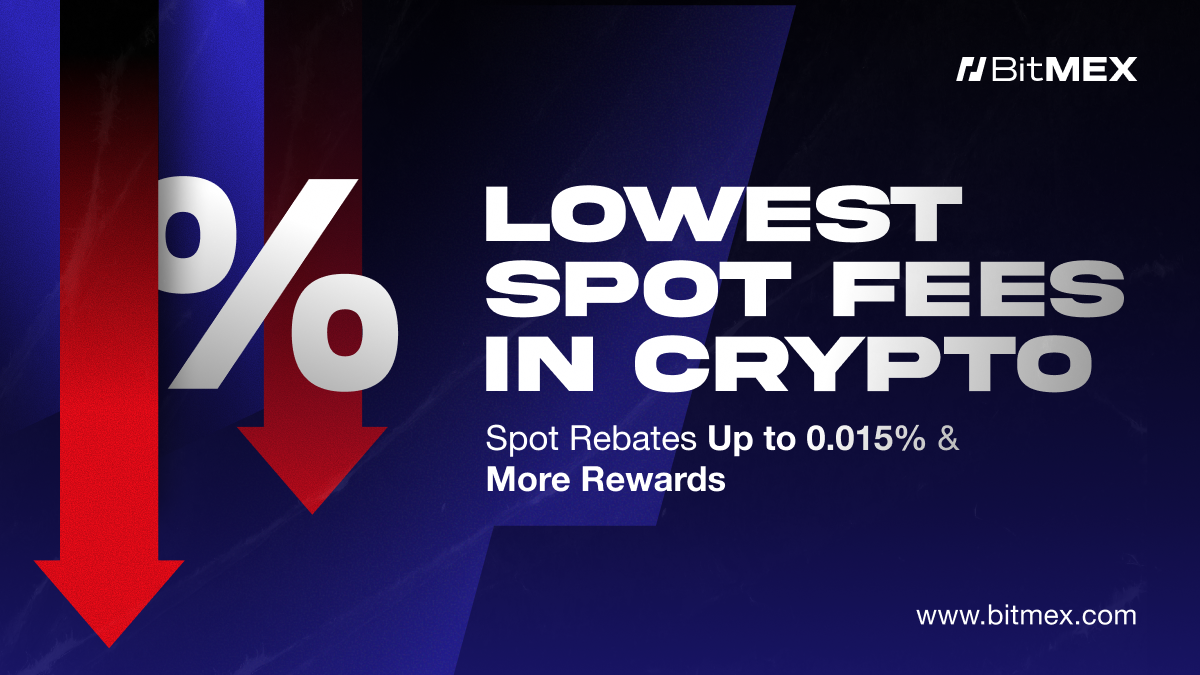
content, reviewed by leading industry experts and seasoned editors. Ad Disclosure
South Korea’s Financial Services Commission (FSC) will reportedly follow US regulatory steps and include a ban on stablecoin interest payments in its highly anticipated framework, expected to be released later this year.
FSC To Prohibit Interest Payments on Stablecoins
On Monday, Yonhap News reported that Financial Services Commission Chairman Lee Eun-won affirmed that the regulatory agency will “fundamentally prohibit the payment of interest on stablecoins as a principle.”
During a National Assembly’s Government Affairs Committee audit, Lee emphasized that interest payments on digital assets pegged to the Korean won (KRW) “must be blocked in any form,” following a question by People Power Party (PPP) lawmaker Yoo Young-ha.
In July, South Korea’s ruling and opposition parties proposed two rival bills to establish the highly anticipated regulatory framework for won-pegged digital assets. Both bills shared multiple similarities, including the assignment of stablecoin oversight to the FSC. However, they differed in the issue of interest payments.
The PPP’s bill would allow interest payments to incentivize the use of won-pegged tokens abroad. In contrast, the Democratic Party of Korea (DPK)’s bill would completely ban interest payments to “prevent market disruption.”
At the time, some industry players called for a unique approach to KRW-based tokens, arguing that the prohibition “is a measure based on U.S. securities law, so other countries outside the U.S. can design their systems following their own national regulations.”
Nonetheless, the FSC chairman explained during the October 20 National Assembly’s audit that South Korea will adopt the same principle as the US framework, the Guiding and Establishing National Innovation for U.S. Stablecoins (GENIUS) Act, which also prohibits interest payments on the holding or use of payment-purpose stablecoins.
It’s worth noting that the GENIUS Act has been criticized for potential loopholes related to interest payments on stablecoins, as the prohibition only addresses issuers and could be “easily circumvented” by exchanges or affiliates providing rewards.
In August, multiple banking associations across the US sent a joint letter to the Senate Banking Committee urging Congress to amend the legislation. The letter argued that interest payments distort market dynamics and could hinder credit creation, and suggested extending the prohibition on interest payments to include digital asset exchanges, brokers, dealers, and related entities.
Second Phase Of Regulation Coming This Year
While discussing potential requests of forming a consortium led by banks, with fintech companies serving only as technology partners, “to maintain the separation of banking and industry,” and prohibiting virtual asset exchanges from issuing their own stablecoins, the FSC chairman asserted that the financial authority “must ensure global consistency and guarantee opportunities for innovation, but proceed in a stable manner.”
Chairman Lee also confirmed that the FSC plans to submit the second phase of the Virtual Asset User Protection Act to the National Assembly this year. As reported by Bitcoinist, the government’s bill is expected to be submitted in Q4, with some lawmakers previously suggesting it could happen as soon as this month.
Notably, the FSC has been working to develop digital assets legislation and shift its regulatory approach for over a year, establishing the Virtual Asset Committee last November to prepare the next phase of its plan, aiming to finalize it by the second half of 2025.
The second phase of the Virtual Asset User Protection Act includes regulations on the distribution of digital assets and stablecoins, continuing its efforts to align with global standards.
“As we are in the initial stage of designing the system, we recognize the importance of incorporating sufficient safeguards and are meticulously reviewing it with relevant ministries,” Lee explained, adding, “We are in the final stages of coordination.”
He also detailed that the FSC is considering “ways to expand the utility of stablecoins, as they can be linked to overseas demand for virtual asset trading, payment settlements, and remittances.” “We will proceed with the law as it stands, while preparing the enforcement decree and follow-up work in advance to ensure swift implementation,” the FSC chairman concluded.

Featured Image from Unsplash.com, Chart from TradingView.com

Editorial Process for bitcoinist is centered on delivering thoroughly researched, accurate, and unbiased content. We uphold strict sourcing standards, and each page undergoes diligent review by our team of top technology experts and seasoned editors. This process ensures the integrity, relevance, and value of our content for our readers.

















 English (US) ·
English (US) ·